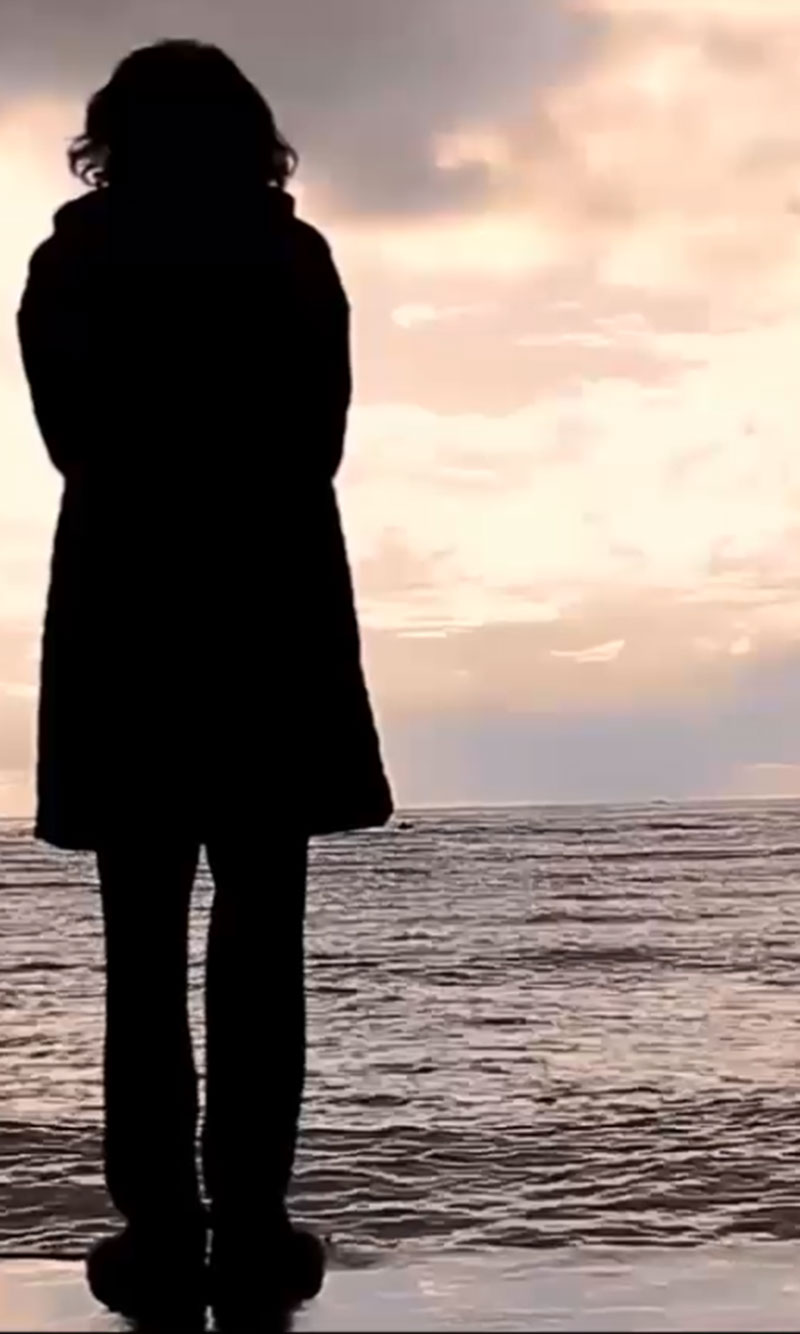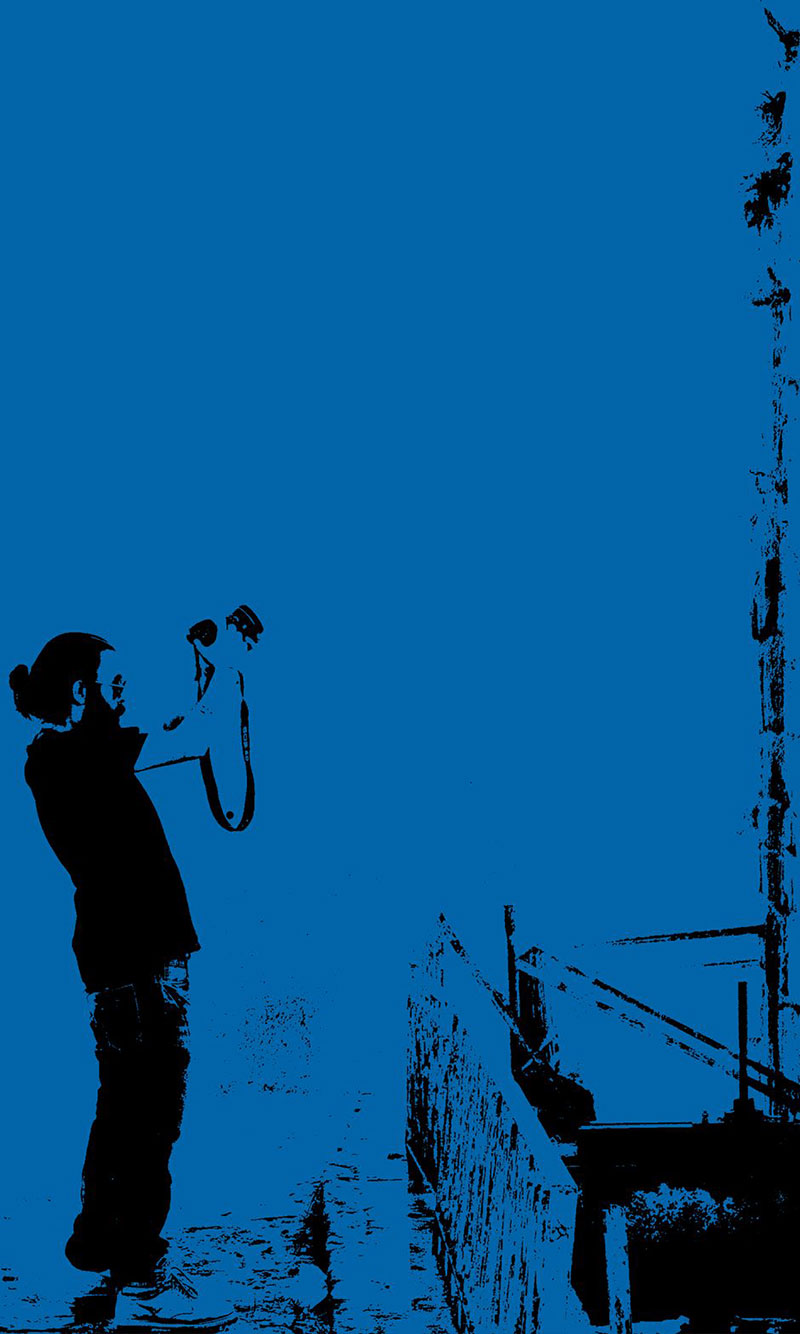Simon Safieh Contemplating Concepts of Identity and Belonging
Al-Akhbar Newspaper | Firas Mohammad
Damascus | Monday, August 6, 2018
Cinema is an expensive art form compared to other arts. This forces filmmakers to seek financial resources to avoid constraints and to free their creative tools, giving them the power to shape a cinematic reality. As a result, the production concept of cinema revolves around managing and directing money to create a reality aligned with the desires of financiers. This concept has largely influenced ideas, their presentation, and the political or economic dimensions of film production.
In 1950s America, the term “studio cinema” was established. It built entire worlds from scratch, relied on the star system, and turned cinema into a bourgeois expression that marginalized the streets and promoted the upper class by portraying their struggles and dissecting their ideas. Despite the emergence of many great films from this mindset, cinema remained detached from reality. This gap widened when Italian director Rossellini took his camera to the war-torn streets of Rome, a city whose theaters and studios had been destroyed. Italian neorealist directors had no choice but to break conventions, open spaces, and employ ordinary people instead of professional actors to express their cinematic visions. That moment marked a departure from financial desires and an opening toward social and architectural realities.
The need for expression and the creation of new cinematic languages are the driving forces of emerging independent cinema. This task is even more challenging in Third World countries, where cinema has become an essential medium of expression. However, the filmmaker’s need for patrons or funders has hindered the rise of independent cinema. In the Maghreb, many directors turned to French funding. In Egypt and Lebanon, production grants played a partial role despite difficult conditions. In Syria, the situation is harder: the political reality may not align with donor expectations, limiting independent film production to short films—fictional or documentary—while feature films are almost non-existent. Besides financial burdens, feature films require marketing and distribution knowledge, which is mostly lacking in unofficial institutions. Meanwhile, marketing has become a powerful tool capable of guiding a film’s trajectory. These circumstances make producing a feature film almost impossible. Yet this was the decision made by young Syrian director Simon Safieh (b. 1988) three years ago. With self-funding and the support of partners who believed in the project, he produced his film Sardine Tries to Fly (2015).
Safieh states: “Everyone treated the project with respect and dedication from the start. They gave up their fees to make the film happen—actors, Mehran Yousef who provided the camera, and my partner Ibrahim Milhem. Through this experience, I also met composer Samer Naeemi, who created the film’s inspired soundtrack.” This makes Safieh’s film arguably the first fully independent Syrian feature in modern cinema. Shot on digital cameras in Tartous at the end of 2015, the film starred Mohammad Ali, Nancy Khoury, Mohsen Abbas, and others.
Safieh’s reliance on his cinematic knowledge and production freedom via his Poor Film initiative helped develop the project from filming to post-production, giving him room to craft his own cinematic language and marketing approach. This also gave him the time to mature the idea and reflect deeply on its details. In mid-August, he plans to launch his promotional campaign with a music album titled Sardine Tries to Fly composed by Samer Naeemi. It features tracks inspired by the film and bears the same poster design—a creative way to offer a first glimpse into the project.
After three years of accumulated work, the film has reached the most difficult production phase: securing a chance to be screened on the big screen, marking the climax of a long struggle with the traditions and challenges of independent filmmaking. Safieh says: “I was searching for truth in cinema. That may sound old-fashioned, but perhaps it’s a question that war imposes, not one you ask yourself. How do I talk about myself without the film appearing self-centered?”
His ambition to present the film internationally sets it apart in a landscape crowded with films made by Syrians living abroad. His work stands out for its fresh expressive power, drawing entirely on the humanity and disorientation of its characters amid war.
He recently finished filming his segment in the omnibus film Nostalgia of Memory.
The central question “What if?” becomes, in this film, a narrative closer to “Once upon a time.” The harsh shift from hypothesis to documenting reality leaves Sardine… with reflective moments designed to raise fundamental questions about war in one of Syria’s most devastated cities, deeply linked to Safieh’s desire to explore evolving concepts of identity and belonging. While these themes have long existed in Syrian cinema, Safieh approaches them as interrogators, daringly confronting reality without trying to isolate or romanticize it. Instead, he generalizes the pain and strips traditional concepts of safety in favor of a cinematic inquiry.
His treatment of emergent identity concepts—born of the Syrian crisis—mirrors his pursuit of an artistic path that blends available tools into a form-matching-content dynamic. His film draws upon his short documentary The Tunnel(2013 – Poor Film), in a manner similar to Egyptian director Abu Bakr Shawky’s Yomeddine (2018), a feature continuation of his earlier leprosy colony short.
Safieh told Al-Akhbar: “Self-funding is always an option at the beginning of any idea. We spend a lot of time convincing others of our ideas. As Sidney Lumet said: I’d rather spend time making the film than convincing producers or grant committees to fund it. In the end, whoever cares about the film will care about it.”
Simon Safieh also produced two short films with Syria’s General Organization for Cinema: Why? (2013) and Julia(2014), besides The Tunnel. He recently completed his part in the collaborative film Nostalgia of Memory, one of four co-directors. Yet his work on Sardine Tries to Fly remains his most personal and expressive effort—a bold, costly choice that demanded every resource, both material and emotional, driven by a passionate and human cinematic vision.



